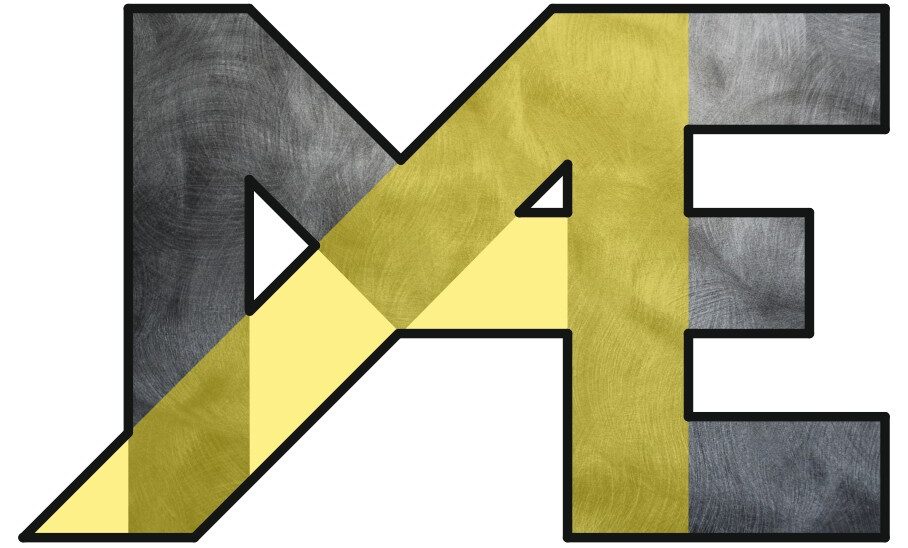Program Objectives, Graduates’ Learning Outcome and Profile of Competence
MESD stands for Mechanical Engineering, Simulation and Design, but it actually means Design and Simulation in Mechanical Engineering. Design is often nowadays referred to as “Virtual product Development”, because by means of 3D-CAD, a “virtually real” model of the product to be developed is created which will behave realistically in the virtual environment created in highly integrated multi-physics simulation tools. Simulation in virtual product development ideally is like testing a prototype, just that the prototype doesn’t need to be built, which saves costs and allows experiments that would otherwise be unfeasible. Virtual product development encourages or accelerates innovations and makes the product and its development process more efficient and effective. However, especially as engineering software is getting more and more intuitive to use, there is an increasing danger of simulating unrealistic model behavior “that looks good on the screen”, resulting in flawed designs if the engineer makes wrong modelling assumptions or misinterprets the results as a result of lacking fundamental understanding. So, the potential of the virtual technologies is met with a risk.
Our program therefore aims at creating competence in three fields:
• Design, its theories and methodologies depending on the domain (investment goods, consumer goods, transportation)
• The application of state-of-the-art virtual development tools (design and simulation) and
• The scientific fundamentals needed to set up simulations adequately and to interpret and validate the results appropriately
Graduates from the program will be competent to take the technical and organizational responsibility for the development of technical products or systems in all industries of industrial goods, consumer goods and automotive/transportation. Graduates will be competent to realize the critical aspects of technical concepts, formulate adequate tasks to research these aspects and perform necessary studies by means of fundamental engineering methodology as well as computer-based simulations. This competence covers the static and dynamic behavior of solid materials and fluids in technical systems. Depending on the chosen study course, each graduate might have an individual emphasis in one of the mentioned fields.
While the focus is to qualify students for such careers in industry, graduates might also become experts in simulation and experimental research in the domains featured in the program.
Assoc. Prof. Dr. Ekachai Juntasaro
Program coordinator
